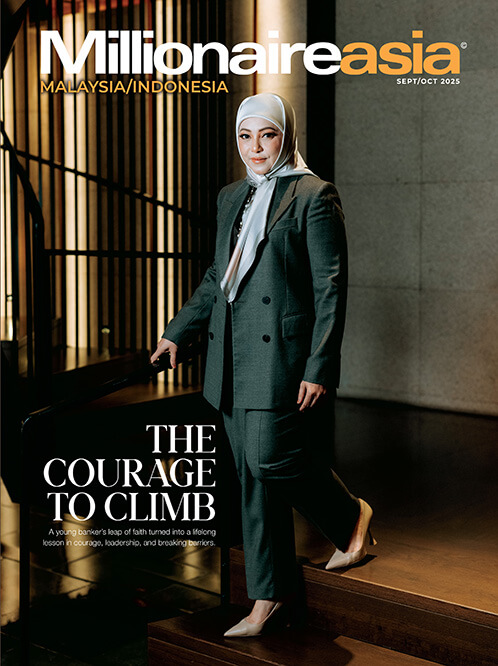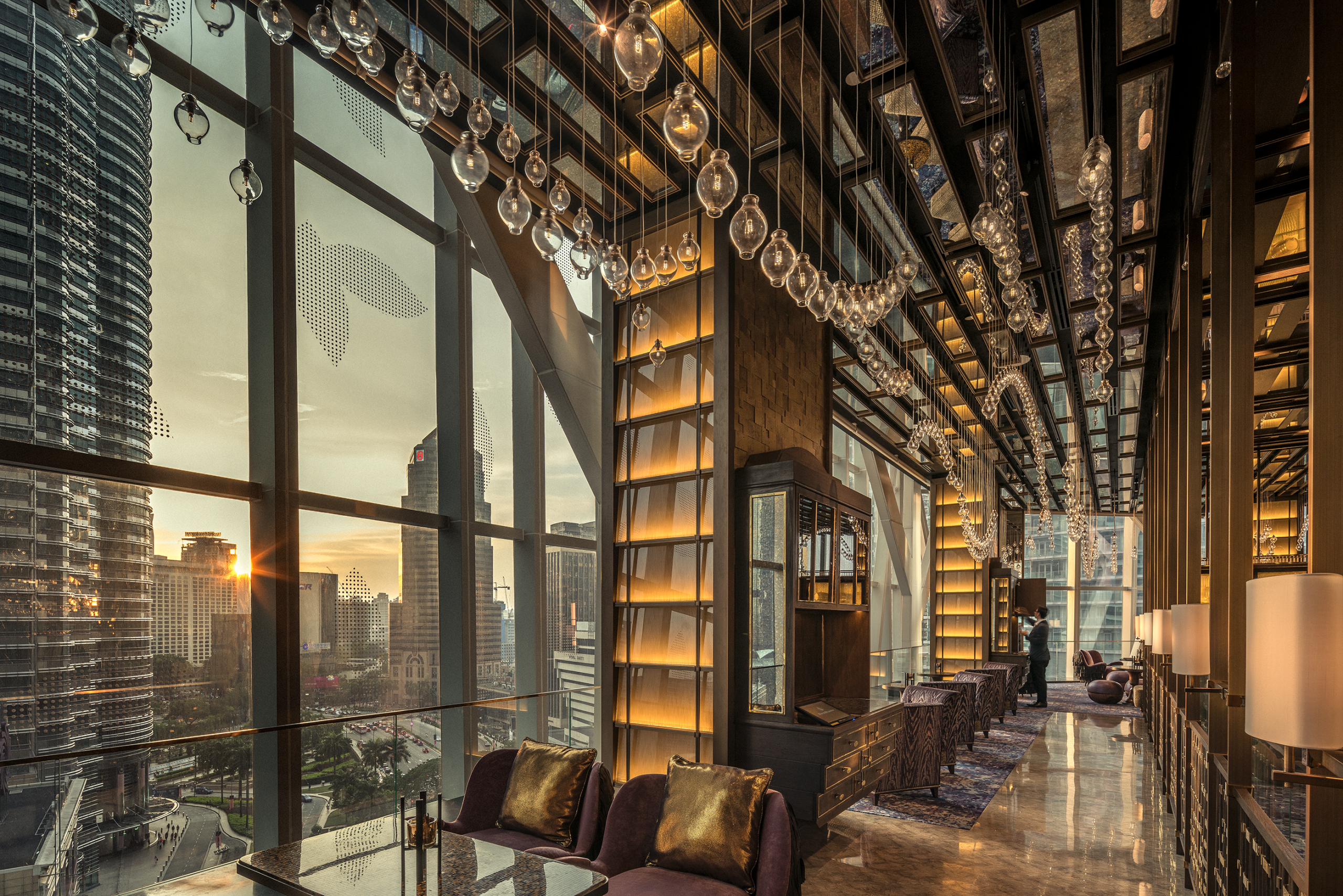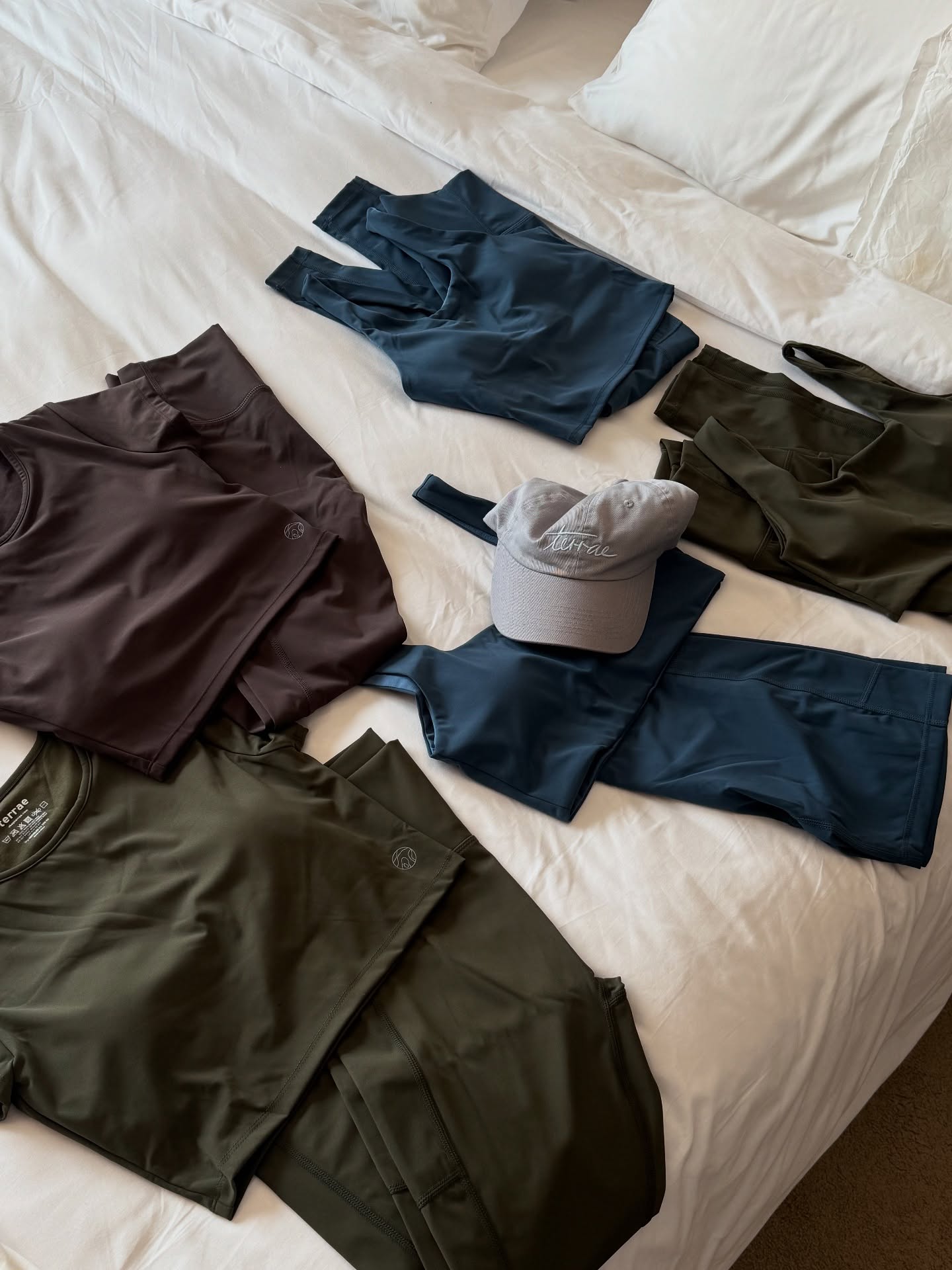She’s been arrested, locked up, and inundated with death threats, but Maria Chin Abdullah has never been one to be silenced.
The veteran activist has left a mark in many arenas: she’s a feminist and staunch human rights defender whose legacy includes the founding of the All Women Action Society (AWAM) in 1980s to uplift women and fight for gender equality.
She also made waves with her calls for greater awareness and education on issues to do with democracy and electoral processes. In 2005, Chin, 68, co- founded Empower, an NGO that encourages women and youths to participate in politics and campaign for civil liberties.
And after Bersih – the coalition formed in 2007 to call for clean and fair elections and lobby for electoral reforms – was relaunched as Bersih 2.0 some years later, she took the helm as chairperson from Ambiga Sreenevasan in 2013.
On the eve of a Bersih 2.0 rally in November 2016, Chin was one of the activists arrested and placed in detention.
Authorities said Chin’s detention had nothing to do with the rally and was due to documents “detrimental to parliamentary democracy” being found in her office, but civil society decried it as an attack on parties critical of the government, with even the United States chiming in to say it was troubled by the arrest.
Supporters launched the Free Maria campaign, which saw crowds gathering to demonstrate for her release. She was freed after 11 days in confinement – but had to deal with death threats after, including an envelope with a bullet being mailed to her home.
In 2018, she made the step into the political arena, serving as MP for Petaling Jaya from 2018 to 2022. Even in that role, she hoped to protect human rights and advocate for reform.
Since then, Chin has been involved with an NGO, Martabat Untuk Semua Petaling Jaya, running a few programmes including youth leadership training to build community youth projects, and Program Generasi Sihat to raise awareness on children’s stunted growth & malnutrition. She also does consultancy on human rights, gender equality and leadership and is involved in tracking unsustainable urban development.
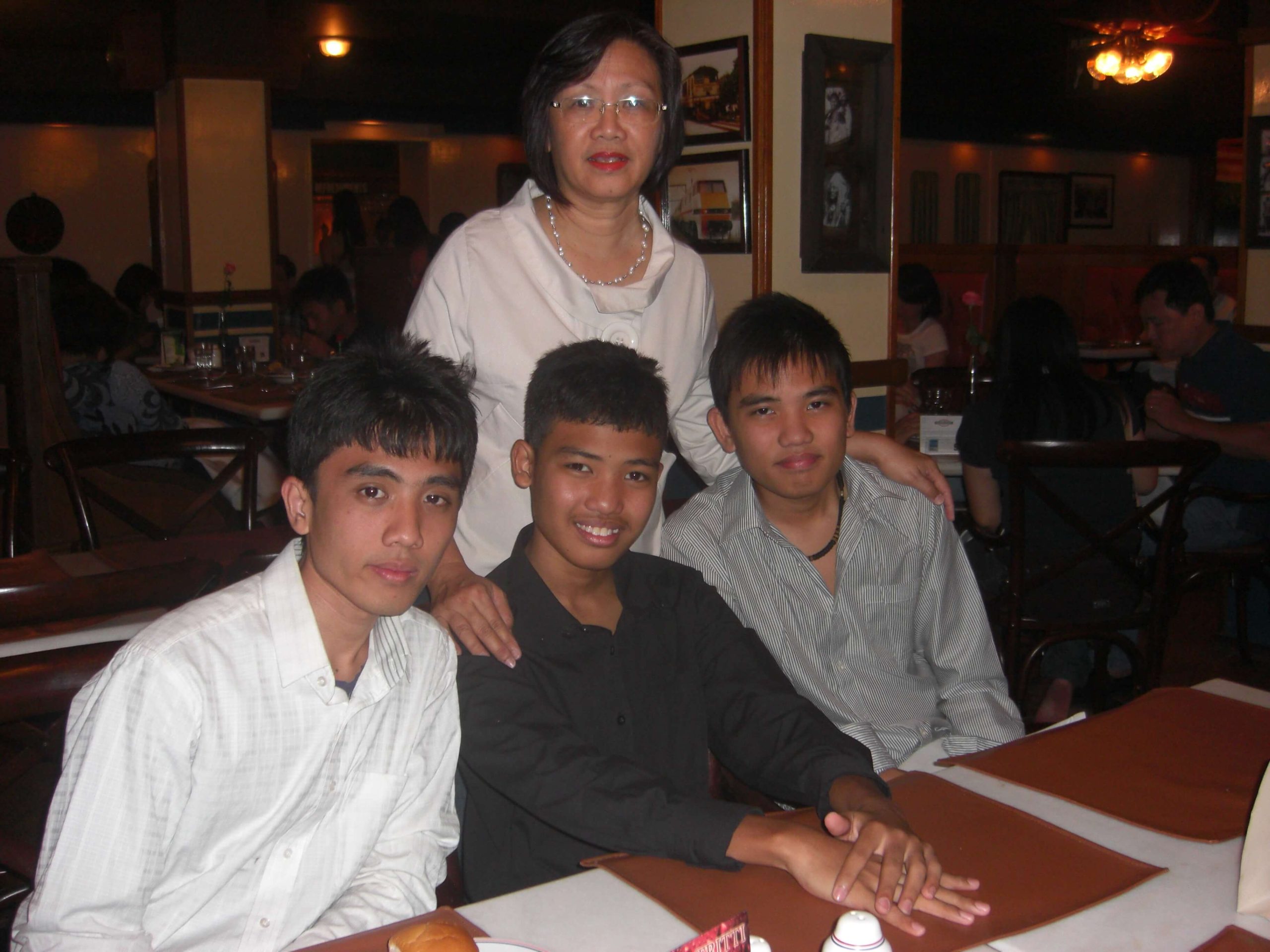
Q&A with Maria Chin Abdullah, Human rights activist, Former Member of Parliament and Chairperson of Bersih 2.0
What was your ambition when growing up?
I had wanted to be a doctor, an engineer, and then later changed to being in business. I took up business as a Higher Diploma but decided that it was not my cup of tea. I then obtained my Degree in Science in Applied Economics and my Master’s of Science in Urban Planning.
Please share briefly your journey of being involved with NGOs, in particular AWAM.
Being involved in AWAM happened when I finished my Masters in Urban Planning in the UK and came back to look for work. That was in 1985 and the women activists were organising a two-days’ workshop on Violence Against Women. I joined them and after the workshop, about 45 of us formed the All Women’s Action Society. It took us more than two years to get AWAM registered and two interviews with the Registrar to prove that we are legitimate. The two days’ workshop also resulted in the formation of several other women’s groups. We formed a coalition – Joint Action Group against Violence Against Women and then changed it to Joint Action Group for Gender Equality to cover a bigger agenda. I was part Women’s Development Collective that covered various women’s rights issues such as health, education, detention without trial, poverty, work, economy and so forth, and we published a booked called Women’s Agenda for Change. The 10 women’s organisations worked together for more than 30 years and we are still going on strong because there was friendship, camaraderie and trust among us.
You assumed the position of Bersih 2.0 Chairperson from Datuk Ambiga Sreenevasan. What was it like?
I was elected as the Chair of Bersih 2.0 in 2013 after Ambiga completed her term. It was a big role as Ambiga and Bersih 2.0 had already set a high standard. We had a huge following on social media where people were discussing about the state of politics and economic affairs in Malaysia.
Bersih 2.0 managed to awaken the Malaysian population to take voting and corruption more seriously. Before our first rally held in 2011, many civil society organisations (CSOs) were not interested to join us, and it was only after they saw and realised the potential and effect of our work did they come forward. In a year, we had 90 CSOs joining the coalition, not including Global BERSIH, where Malaysians in 80 cities around the world joined our rallies.
This gave me and my team a lot of encouragement and we were able to overcome our fears, knowing that we were not alone. It was the solidarity, commitment, support, trust and friendship among the Steering Committee members that made us strong and resilient against all threats. We kept each other focus on electoral reform and expanding the democratic spaces in Malaysia.
You were detained for 11 days during the 2016 rally. What went on in your mind during the detention and interrogation?
I was angry when the police told me that I was detained under SOSMA. the Security Offences (Special Measure) Act 2012. It was an unfounded allegation that I was trying to undermine parliament democracy, as it was parliamentary democracy that we were exercising when we protested against unfairness, abuse of powers and corruption. These concerns brought us to the streets, submittting memorandums, protesting at the elections commission, and so forth, and we gave constructive recommendations to the government.
The interrogation was daily and threats were made to me and my family. Even when I was in my cell, the people came out to show their support for us and for the cause, and demand for free and fair elections.
You were a Member of Parliament for the Petaling Jaya constituency from 2018-2022. Had being a politician something in your mind?
No, never prior to 2018. The decision to stand as a candidate was mainly to forward the Bersih 2.0 agenda – electoral reforms, human rights, anti- corruption, and to advocate for structural reforms in laws, policies and agencies. It was another strategy to bring forth the will of the people. I went in as an independent and contested under the PKR logo and decided to join PKR a year later with the hope that more reforms can be done through an organised structure. The political disruptions backslid the reforms that could have taken place if the 2018 government was not replaced. As an MP in parliament I was able to raise a number of issues but the disruptions wasted a lot of precious time as the country could have done much more.
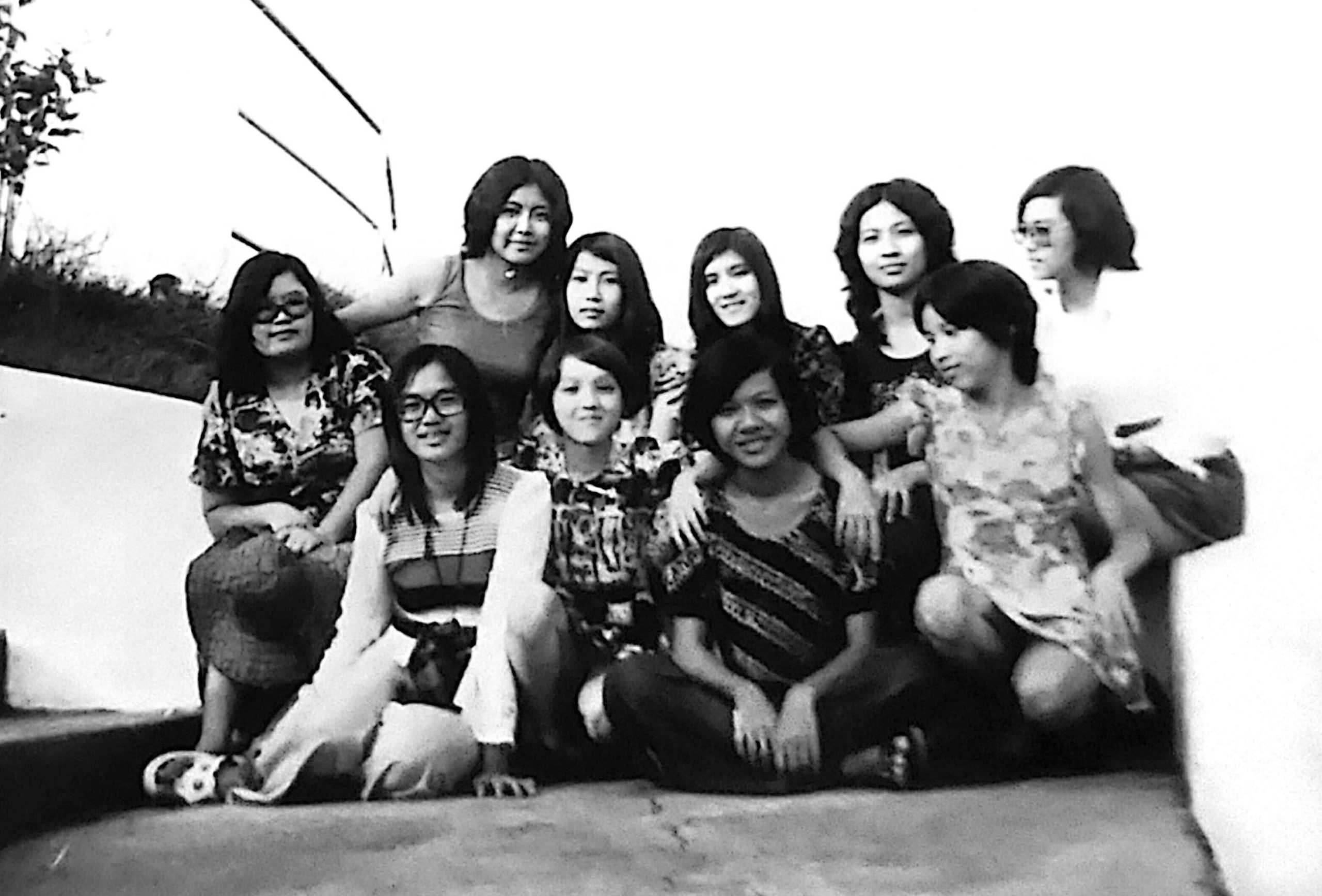
In what areas do we need more women empowerment?
We must empower more women to demand for seats in parliament, state, council and even as village heads. Without the voices of women in any of these decision-making structures, the challenges of women will always be ignored, neglected or given token recognition. This only compound the discrimination and biasness faced by women. While in our national plans and commitments made by political parties and cabinet to increase women’s representation to 30 per cent, we have never touched more than 20 per cent women as elected MPs or as state assembly persons. Decisions on candidates are still centralised in the hands of a few men and they have not moved out of the mindset to include more women.
What inspires and motivates you to continue to tirelessly advocate for women and human-rights issues?
Motivation comes from the people – especially during my 10 years with Bersih 2.0. We must never forget that it is the people who gave us Bersih 2.0, who changed the government and who are still suffering the slow efforts in reforming the laws, policies and structures. The research, studies, data collection, publications, and books that were published are only of use if they reach out to the people. Leaving them on social media and having media publicity don’t help the people to understand and to stand on our side. It is engagement and bringing awareness to them that we can build a stronger people’s movement which sad to say it was lost since 2018.
What are some of the challenge that you faced as a social activist?
Engaging with the government since 1980s among the women’s movement taught me a lot. While we should engage but we must also hold on to our independence and what we believe. We should not self-censor ourselves just because we have a “link with the government”. Otherwise we get co-opted into the system and made to feel that reform is going to happen but we only get crumbs. With the women’s movement, we engaged with the then government under Barisan Nasional but we also raised very critical and constructive recommendations as well as demonstrated outside their offices when they did not meet our demands. Keeping in touch with the larger population is very crucial and most challenging. It takes a lot of time and resources. But let us not forget the power of the people when hundreds and thousands took to the streets.
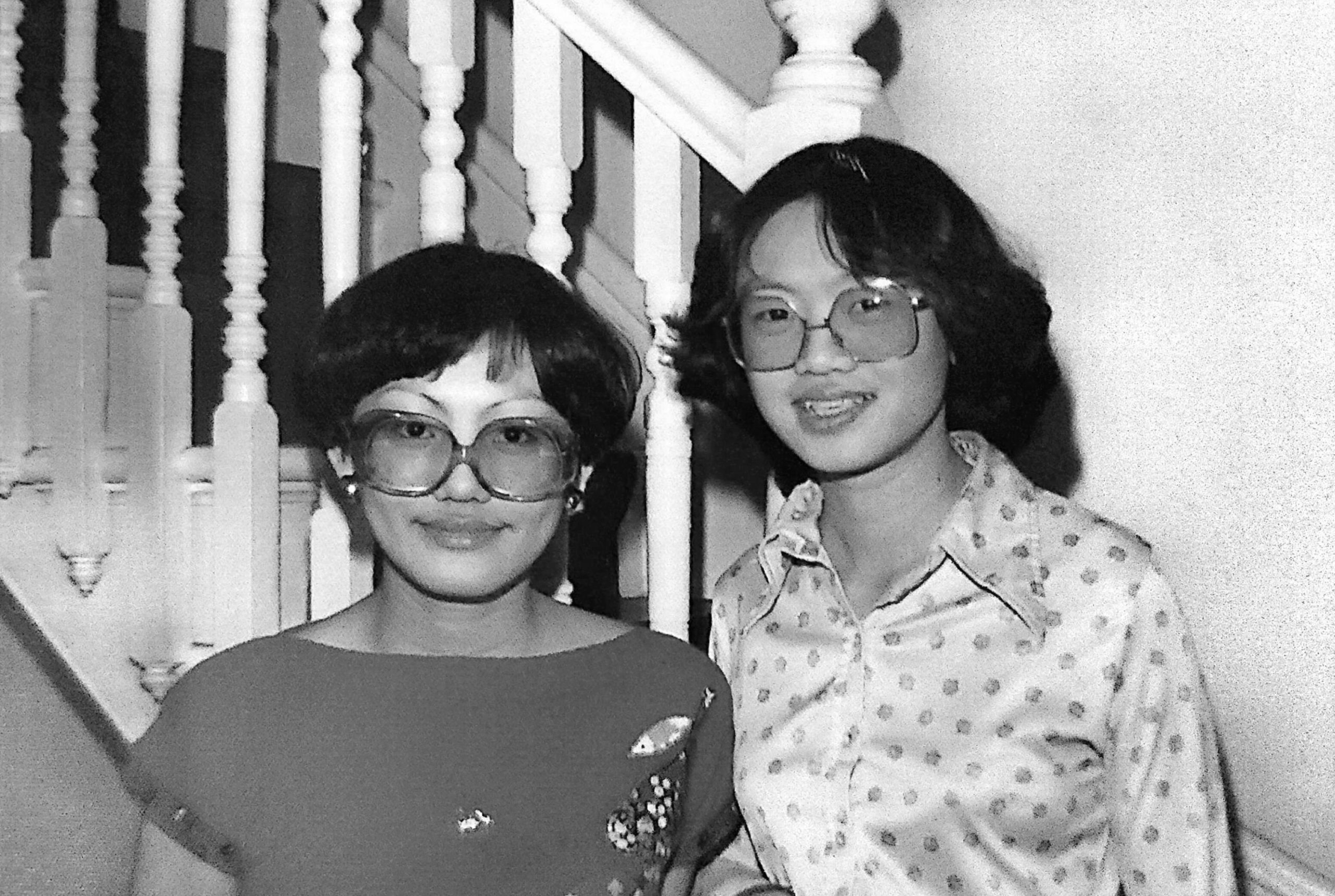
Finally, what would you tell your younger self?
There is nothing I can say – I can’t turn the clock back. But moving forward, I would like to see more active engagement of the youth in politics (not keyboard activists) and also engaging with the senior generation. Let us not discount each other’s contributions and that we have much to learn from each generations. I like to see a more even, balanced and rights based inter-generational leadership at the cabinet, parliament, state.

